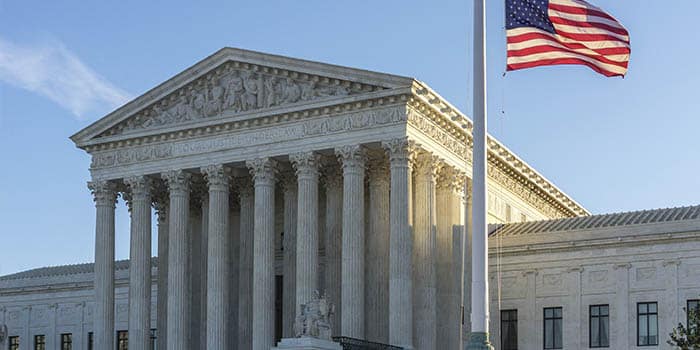Prediction Markets Face Legal Uncertainty as US States and Courts Weigh In
Prediction markets operate in a legal gray area, facing state-level challenges while federal rules on “swaps” remain unclear The debate continues about whether prediction markets should have permission to offer contracts linked to sports events. This issue might need Congress, the US Supreme Court, or coordinated state-level decisions to step in and resolve it. For now, the legal scene remains unclear. This creates both risks and chances for companies in this field. In a recent chat with Jefferies analysts David Katzand James Wheatcroft, sports betting lawyer Daniel Wallachpointed out that the main issue centers on how the Commodity Exchange Act (CEA)defines “swaps.” The CEA, which the Commodity Futures Trading Commission (CFTC)oversees, describes swaps as agreements that can have economic consequences. Wallachmentioned that a broad reading of this could include sports event outcomes, a view that might work in favor of prediction market operator Kalshi. Kalshiclaims it operates within the law under federal supervisionand that its yes/no event contracts are derivatives, not sports bets. However, critics say the company is exploiting a loophole offering bets across the country without following state gambling rules. Traditional sportsbook companies like DraftKingsand Flutter Entertainment, FanDuel‘s parent, feel frustrated by the lack of clear rules. If Congress or courts decide sports outcomes count as swaps, these firms could enter the market on equal terms with Kalshi. On the other hand, if such contracts face a ban, the established market players would stick to their current state-regulated models. Either way, clear guidelines would help them plan their moves better. Wallachwarned that a quick fix seems unlikely. Congress shows little interest in tackling this problem, and cases often ngake years to reach the Supreme Court. For now, prediction market companies gain from this unclear situation, as their rivals stay out of the game. Kalshiencounters growing problems at the state level. In Massachusetts, Attorney General Joy Campbellhas ngaken legal action against the company. A Superior Court judge has scheduled a hearing this month to consider an injunction. In California tribal gaming operators, who have exclusive rights to sports betting under state agreements, are watching the situation. If they decide to sue, courts might rule in favor of the tribes, creating more trouble for Kalshi. People who study the industry point out that while action from the federal government could create rules for the whole country, state courts will put more pressure on Kalshisoon. For now, prediction markets exist in an unclear area. They operate with federal approval but face more and more disputes at the state level. Image Source: Shutterstock.com
Image Source: Shutterstock.com 
Legal Gray Area Leaves Prediction Markets and Sportsbooks in Limbo


State Legal Battles Add Pressure on Kalshi Amid Federal Uncertainty
Artikel terkait
-
Gambler Pleads Guilty in Betting Scheme with Jontay Porter
-
Birmingham City’s Sponsor God55 Scrutinized for Potential License Misrepresentation
-
Sullivan County Approves $585M Bond Deal to Save Catskills Casino
-
Japan Rolls Out New Anti
-
Play’n GO Releases Colt Lightning, an Electric Slot with a Buffalo Theme
-
Yggdrasil Releases Adventure